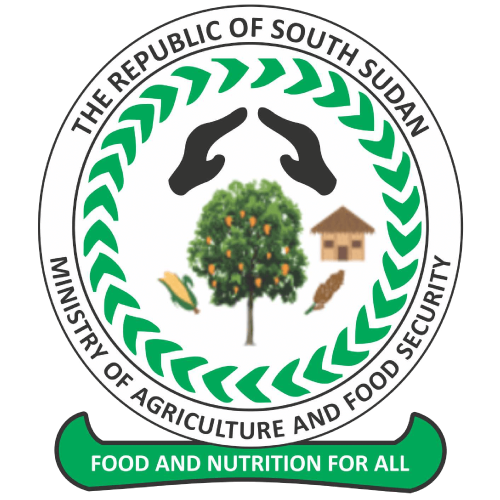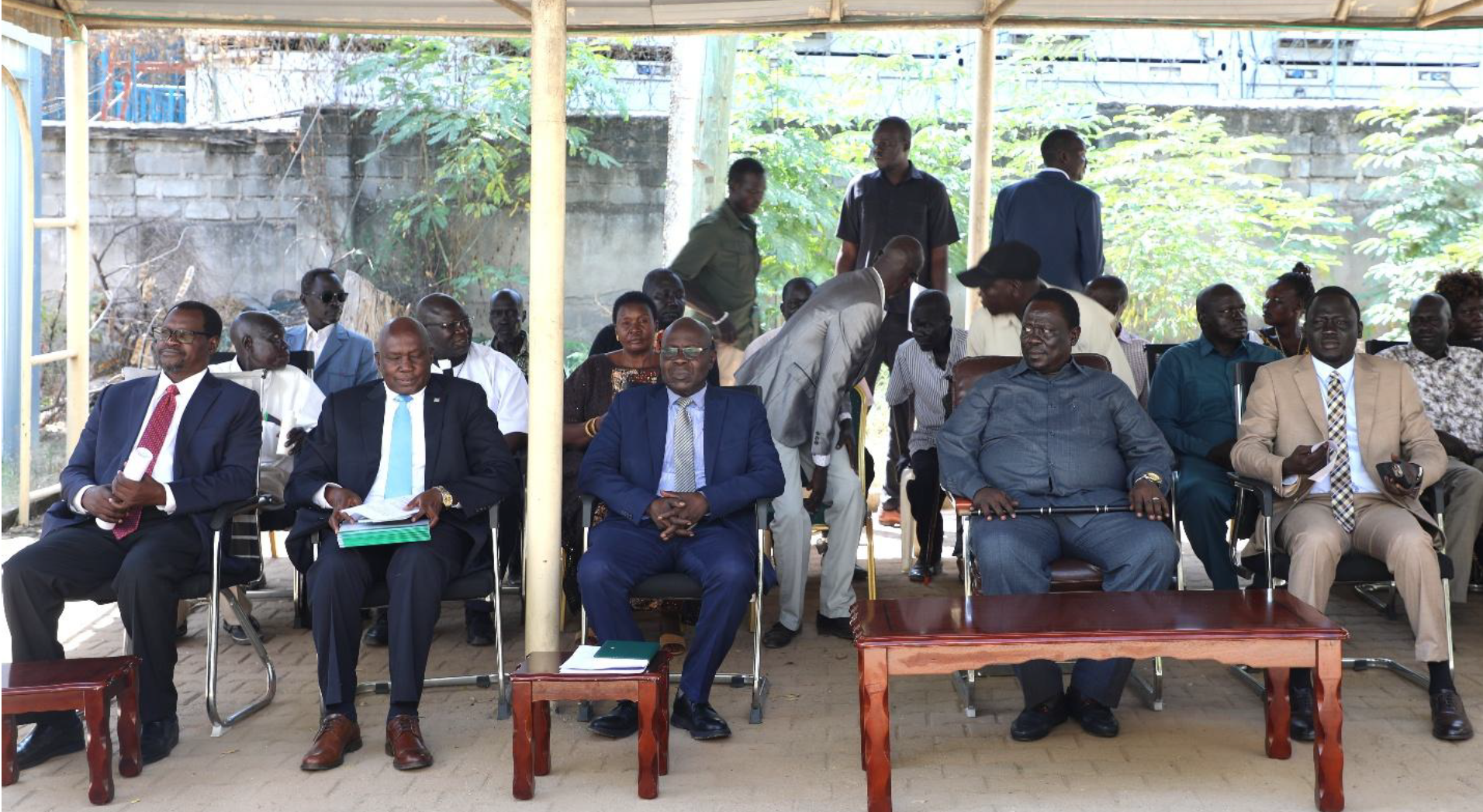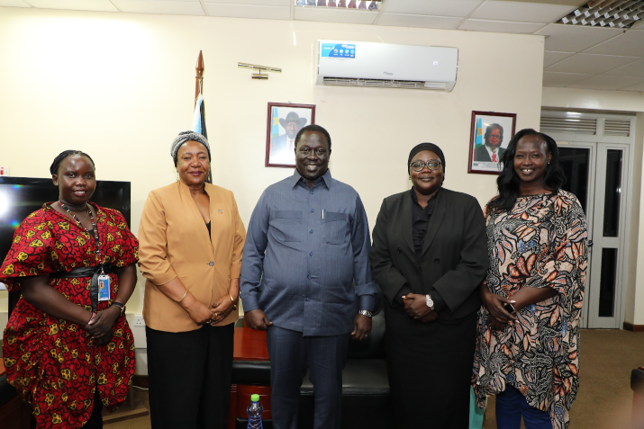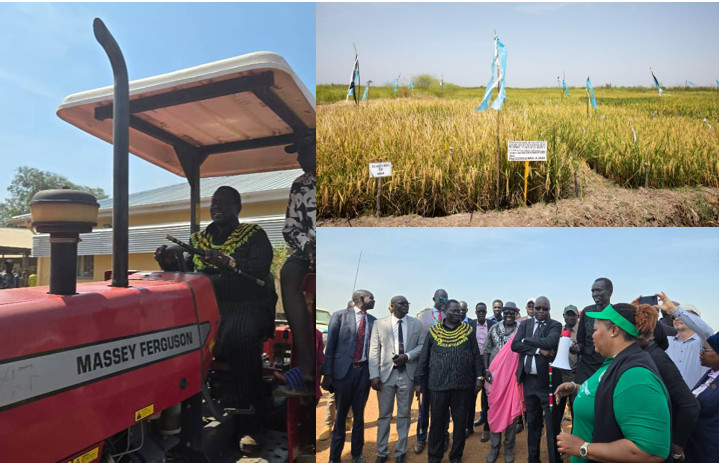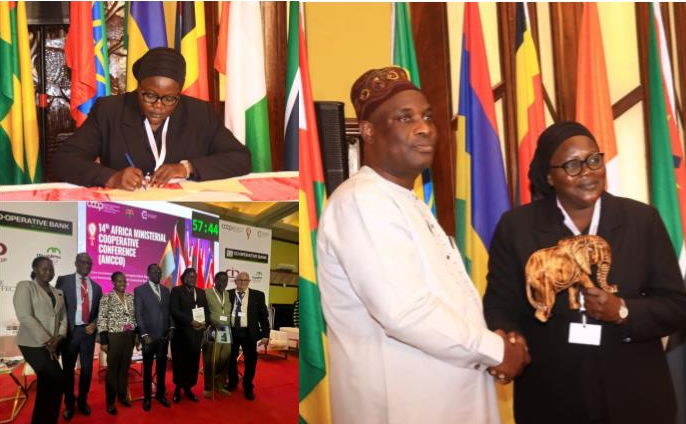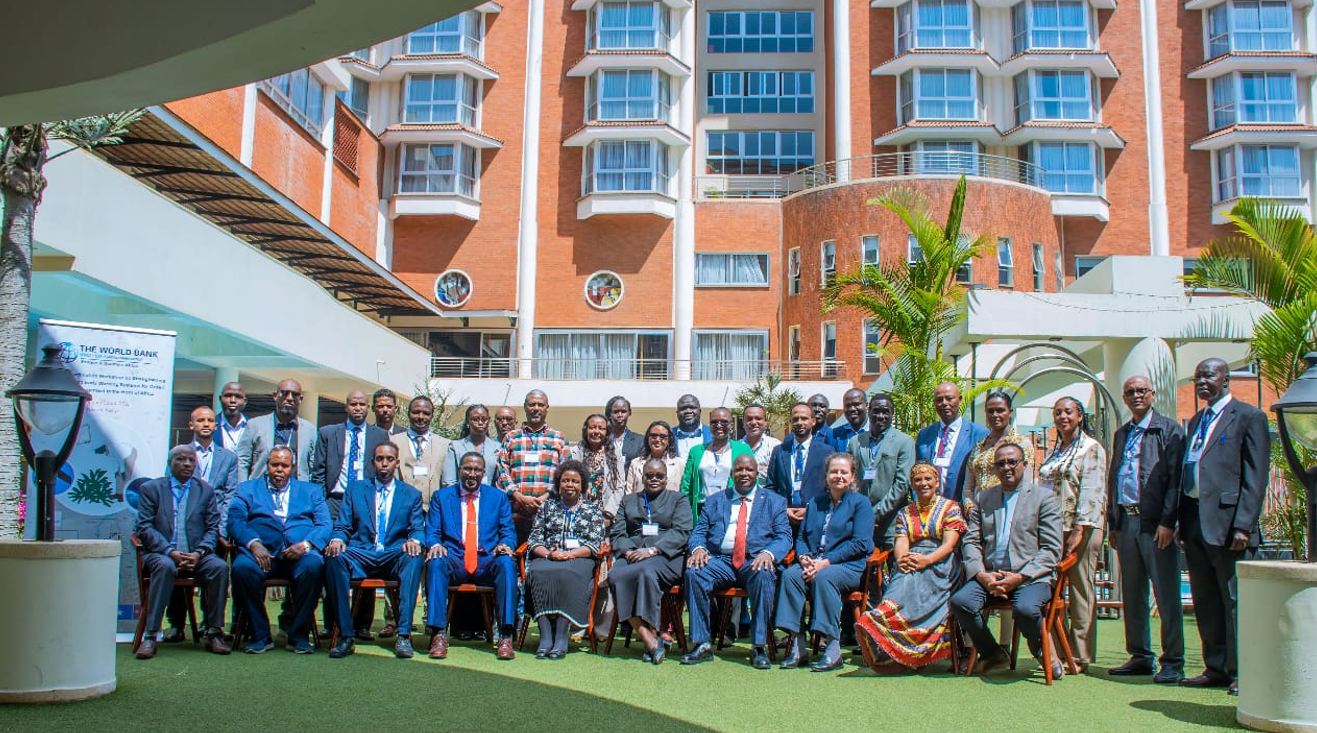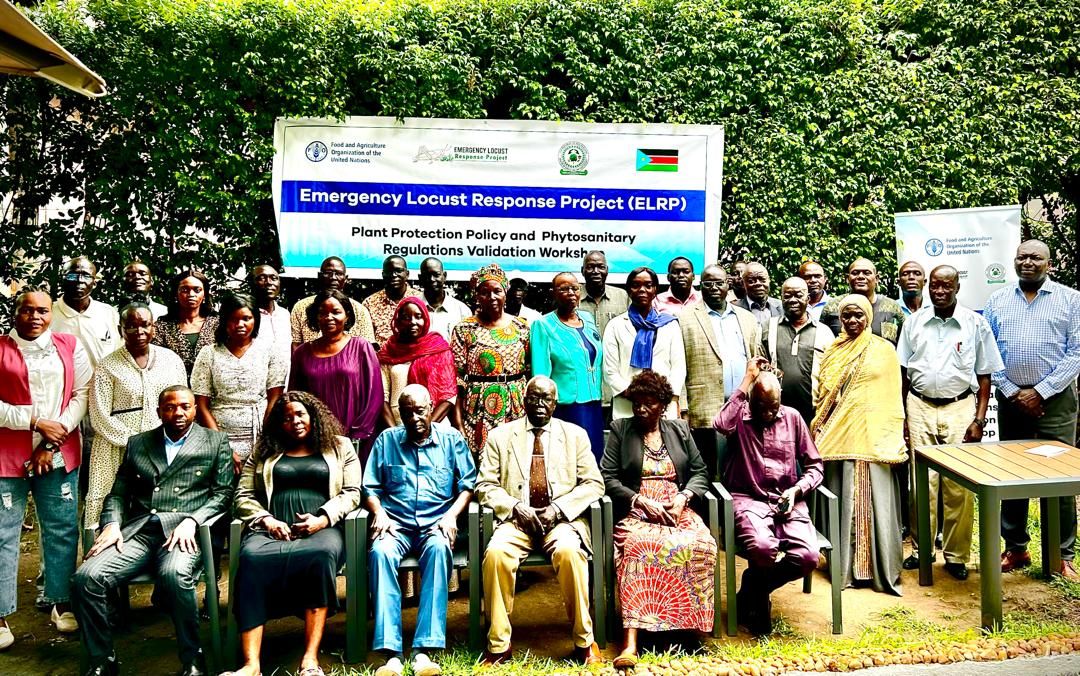
Wednesday, June 12, 2024 Juba – A validation workshop for the National Plant Protection Policy and Phytosanitary Regulation was held on 12th June 2024 at Palm Africa Hotel in Juba. The workshop was organized by the Ministry of Agriculture and Food Security (MAFS) in collaboration with Food and Agriculture Organization of the United Nations (FAO). The workshop was organized to review and validate the draft South Sudan Phytosanitary Regulation 2024. This regulation once approved will guide the implementation of the South Sudan Plant Protection Act, 2017 aimed at improving plant health and farm products to meet sustainable agricultural production and ensure Food Security, locally and internationally.
The National Plant Protection Policy is the MAFS’s outline of the guidelines necessary to create an enabling environment for plant health in agricultural production, and safe trade in plants and plant products. This policy will include an effective phytosanitary system based on the AU Sanitary and Phytosanitary (SPS) policy framework for Africa, a framework that provides mechanisms for prevention of introduction, spread and establishment of foreign injurious pests and noxious weeds, and a phytosanitary assurance system for plants and plant products exported from South Sudan thereby meeting international market requirements. The policy is based on a number of objectives including the strengthening for the plant protection system for effective disease and pest risk mitigation and management, strengthening the regulatory framework for plant protection systems to prevent introduction and spread of pests and diseases in an effort to promote safe trade, the development and operationalization of an effective plant protection system through adequate resourcing, infrastructural and human capacity building , creation of an effective mechanism for responding to cross cutting and emerging issues in mitigating their impact on plant protection systems, and strengthening county plant health systems for effective response to pest incursions and pest management.
MAFS is currently implementing the Emergency Locust Response Project (ELRP) with funds from the world bank aimed at addressing ravages of the 2020 desert locust invasion that destroyed farms and livelihoods of farming households across 15 South Sudanese counties in the greater Equatoria and Upper Nile regions by providing a mix of investments that contributes to reducing food and nutrition insecurity for affected households and communities. ELRP is addressing the scourges of the locust invasion by limiting the growth and spread of the desert locust (DL) upsurge and strengthening early warning and response systems for plant protection and transboundary threat management, putting money in the hands of households to purchase food, and putting assets in the hands of producer households to boost production for their own consumption and to increase the surplus going to markets.
Once passed, the Plant Protection Policy and Phytosanitary regulation will be a vital companion for the full implementation of the ELRP project through the promotion of the propagation of healthy crops and plant materials and minimizing loses in agricultural production through improved plant protection technologies while at the same time safeguarding the integrity of human and natural resources. To achieve this, the regulation will be applied to prevent the introduction of pests into the territories of South Sudan and facilitate the safe trans-boundary movements and trade of plants, plants products and other regulated articles into and out of the country. About 60 participants from stakeholder institutions including national and state ministries of agriculture, South Sudan Bureau of Standard, ministry of forestry and environment, ministry of gender and FAO participated in the workshop. The workshop provided an opportunity for the stakeholders to discuss the main components of the draft policy and regulation and provide their inputs before it passed for approval. Discussions focused on finding a matrix for operationalization of the policy and regulation since it will take several institutions including MAFS, ministry of forestry, South Sudan Bureau of Standards and Ministry of Environment to implement it. It was agreed that MAFS will take the lead to own and implement the draft policy, but in coordination with these sisterly institutions and partners.
